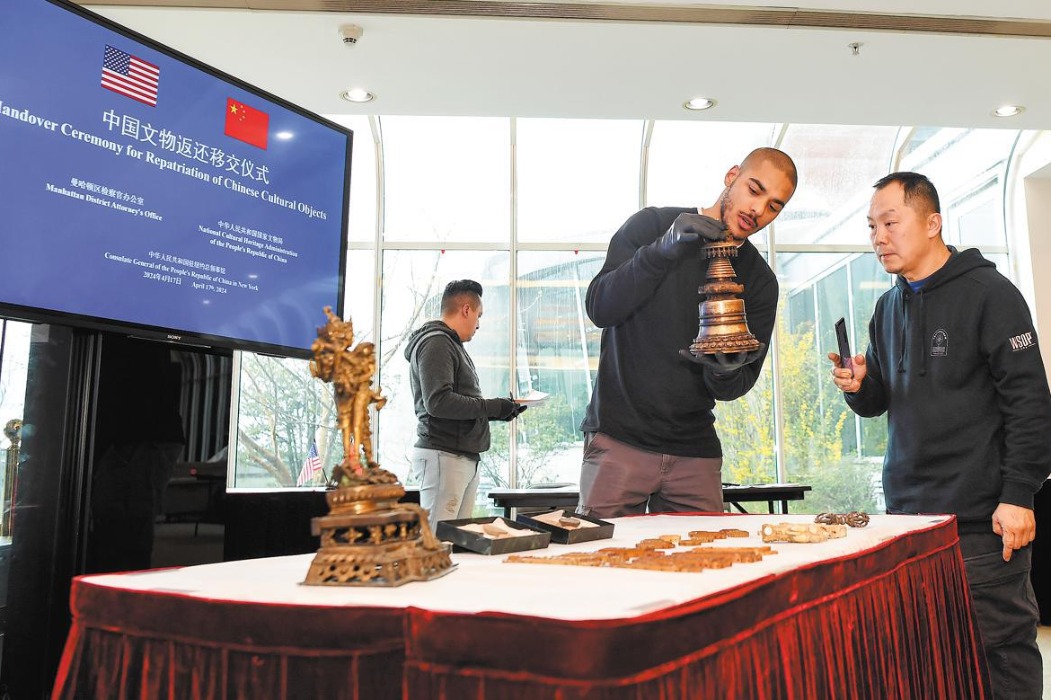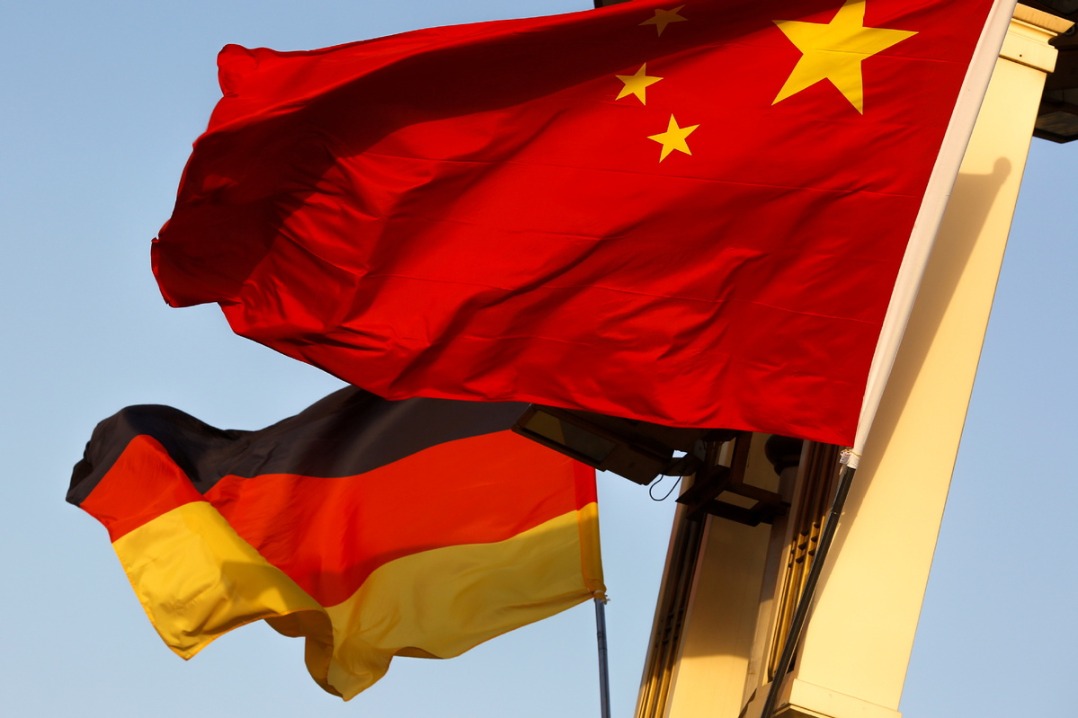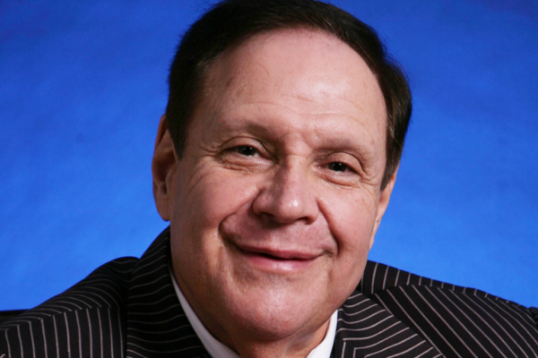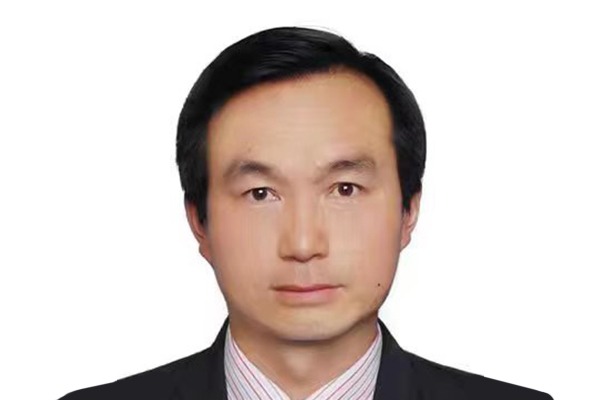Income tax reform must meet people's needs

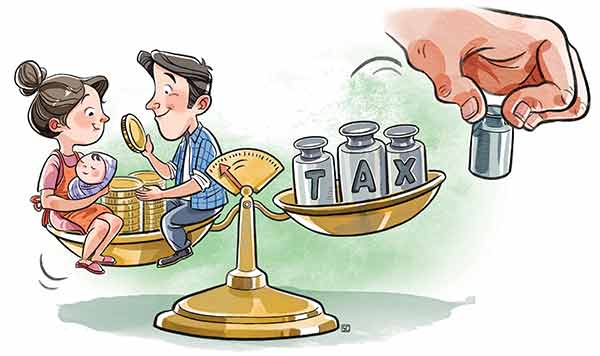
More than 60,000 people have submitted about 130,000 opinions and suggestions for the amendment to the Individual Income Tax Law since the authorities solicited public opinions on the draft amendment in late June.
There is much room for adjustment to the existing Individual Income Tax Law, which many of the public opinions are likely to have suggested. According to the Ministry of Finance data, the individual income tax revenue from January to July this year was 922.5 billion yuan ($135.54 billion), up 20.6 percent year-on-year-in fact, the figure is higher than the individual income tax revenue for the whole of 2015 of 861.8 billion yuan.
On the other hand, in the first half of this year China's GDP growth was only 6.8 percent, and per capita disposable income 8.7 percent. This signifies a big imbalance in the growth of people's income and individual income tax revenue.
Therefore, raising the threshold of individual income tax and thus reducing people's tax burden is important for improving not only people's livelihoods, but also the entire economy. "One of the key measures of supply-side structural reform is to reduce tax not only for the enterprises but also for the individuals," said Li Yiping, a professor at the School of Economics, Renmin University of China. "Reducing individual income tax will promote individual consumption and further drive economic development, which is one of the key elements of supply-side structural reform".
The National Bureau of Statistics data show China's total sales of social consumer goods in July grew 8.8 percent year-on-year, whereas the growth rate in 2017 was 10.2 percent year-on-year. People's shrinking consumption capacity and desire indicate the importance of increasing dispensable incomes, and that is precisely what a reduction in individual income tax can do.
Although there seems to be a consensus on cutting individual income tax, it is still not clear how that goal can be achieved. The draft amendment has raised the threshold of individual income tax from 3,500 yuan to 5,000 yuan a month (or 60,000 yuan a year), but many people believe the threshold is still low.
According to media reports, several tax experts have jointly submitted their opinions on raising the individual income tax threshold to 8,000 yuan a month. But some other experts expect more special deductions to ease people's tax burden.
Speaking at the annual sessions of the National People's Congress and the Chinese People's Political Consultative Conference earlier this year, then vice-minister of Finance Shi Yaobin said that including special deductions in individual income tax reform is unprecedented.
And Yang Zhiyong, a tax expert with the National Academy of Economic Strategy, Chinese Academy of Social Sciences, said the 5,000 threshold for individual income tax is "basically reasonable" if citizens' housing expenditure, including housing mortgage interests and house rent, is part of the special deduction as the draft stipulates. Yang agrees with those people who seek special deduction for children's education expenses. But some other people believe such a deduction would be the same as imposing "single tax" or "DINK (double-income-no-kids) tax", which they say would be unfair to couples with no kids.
Yang, on the other hand, suggests the special deductions take various households' different situations into consideration before imposing individual income tax. "The tax law should consider various families' actually economic burden," Yang said.
The maximum marginal tax rate for individuals and enterprises is another contentious issue. China's 45 percent maximum marginal tax rate is high compared with international standards, which is not conducive to attracting international talents and promoting innovation.
Moreover, imposing a high individual income tax rate on people earning relatively high salaries can hardly help the authorities narrow the income gap between the rich and poor, because not all high-income individuals who have to pay a high rate of individual income tax are really "rich". The rich comprise those who always earn a fortune from investment, such as business tycoons, big entrepreneurs and real estate developers rather than the salaried class.
So many experts suggest that the authorities, rather than maintaining the high marginal tax rate, adjust the property tax targeting the rich.
The draft amendment is up for a second review at the fifth meeting of the 13th National People's Congress Standing Committee this week. And we hope the final amendment to the Individual Income Tax Law balances the interests of various parities, in order to fulfill most people's interests.
The author is a writer with China Daily.
















